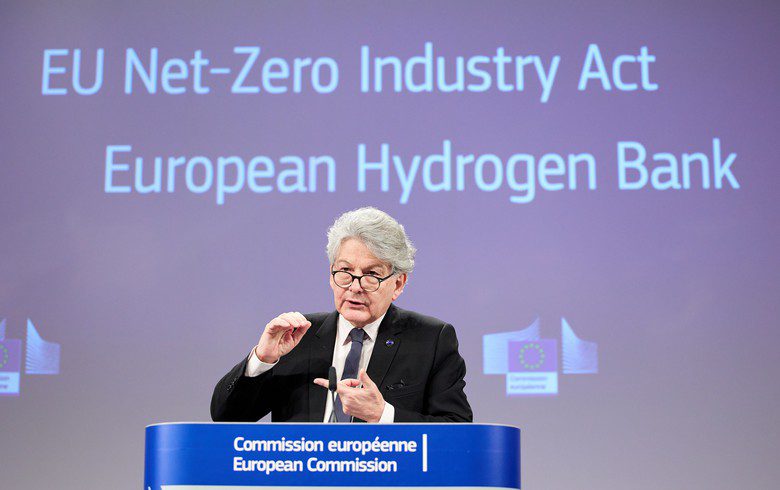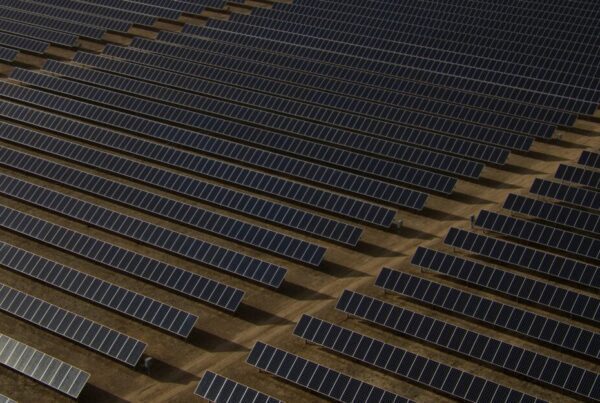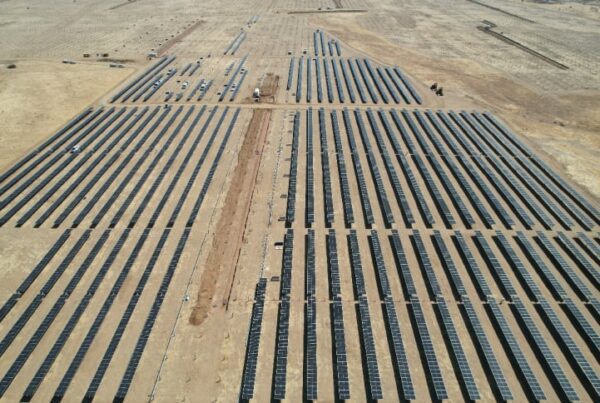
The European Commission (EC) today presented its legislative proposals for scaling up the production of clean technologies in the EU and ensuring the availability of critical raw materials to the bloc.
Net-Zero Industry Act
Do you know we have a daily hydrogen newsletter? Subscribe here for free!
This legislation establishes that the EU should cover at least 40% of its annual demand for strategic net-zero technologies with domestic production. Particular support will be provided to the following technologies: solar photovoltaic (PV) and solar thermal; onshore wind and offshore renewables; batteries and storage; heat pumps and geothermal energy; electrolysers and fuel cells; sustainable biogas/biomethane; carbon capture, utilisation and storage (CCUS); and grid technologies.
Meanwhile, the following technologies are not defined as strategic but will still benefit from measures included in the Act: sustainable alternative fuels technologies, advanced technologies to produce energy from nuclear processes with minimal waste from the fuel cycle, small modular reactors, and related best-in-class fuels.
The proposed regulation includes a number of actions that should stimulate investment in these net-zero technologies such as the introduction of so-called Net-Zero Strategic Projects, which will be prioritised and will enjoy shorter permitting timelines and streamlined procedures. Also, the EC will work to enhance the availability of carbon storage sites, will establish Net-Zero Industry Academies to raise a skilled workforce, create the Net-Zero Europe Platform and the European Hydrogen Bank to attract investment, and require that public authorities set sustainability and resilience criteria in procurement procedures and auctions. Member States will also be allowed to set up regulatory sandboxes to help develop and test innovative technologies.
Critical Raw Materials Act
On the other hand, another regulation proposed today has been drafted to make sure that Europe has enough supplies of critical raw materials and is able to reduce its reliance on imports “from quasi-monopolistic third country suppliers.”
“[This Act] will significantly improve the refining, processing and recycling of critical raw materials here in Europe. Raw materials are vital for manufacturing key technologies for our twin transition – like wind power generation, hydrogen storage or batteries. And we’re strengthening our cooperation with reliable trading partners globally to reduce the EU’s current dependencies on just one or a few countries,” stated EC President Ursula von der Leyen.
The regulation updates the existing list of critical raw materials, identifies strategic raw materials that are key to technologies of importance, sets clear benchmarks for domestic capacities along the strategic raw material supply chain, cuts red tape associated with critical raw materials projects, provides for the monitoring of supply chains and the coordination of stocks among Member States, and calls for investing in research, innovation and skills, as well as for diversifying imports.
Before they can be adopted, both Acts will be sent to the European Parliament and the Council for approval.





